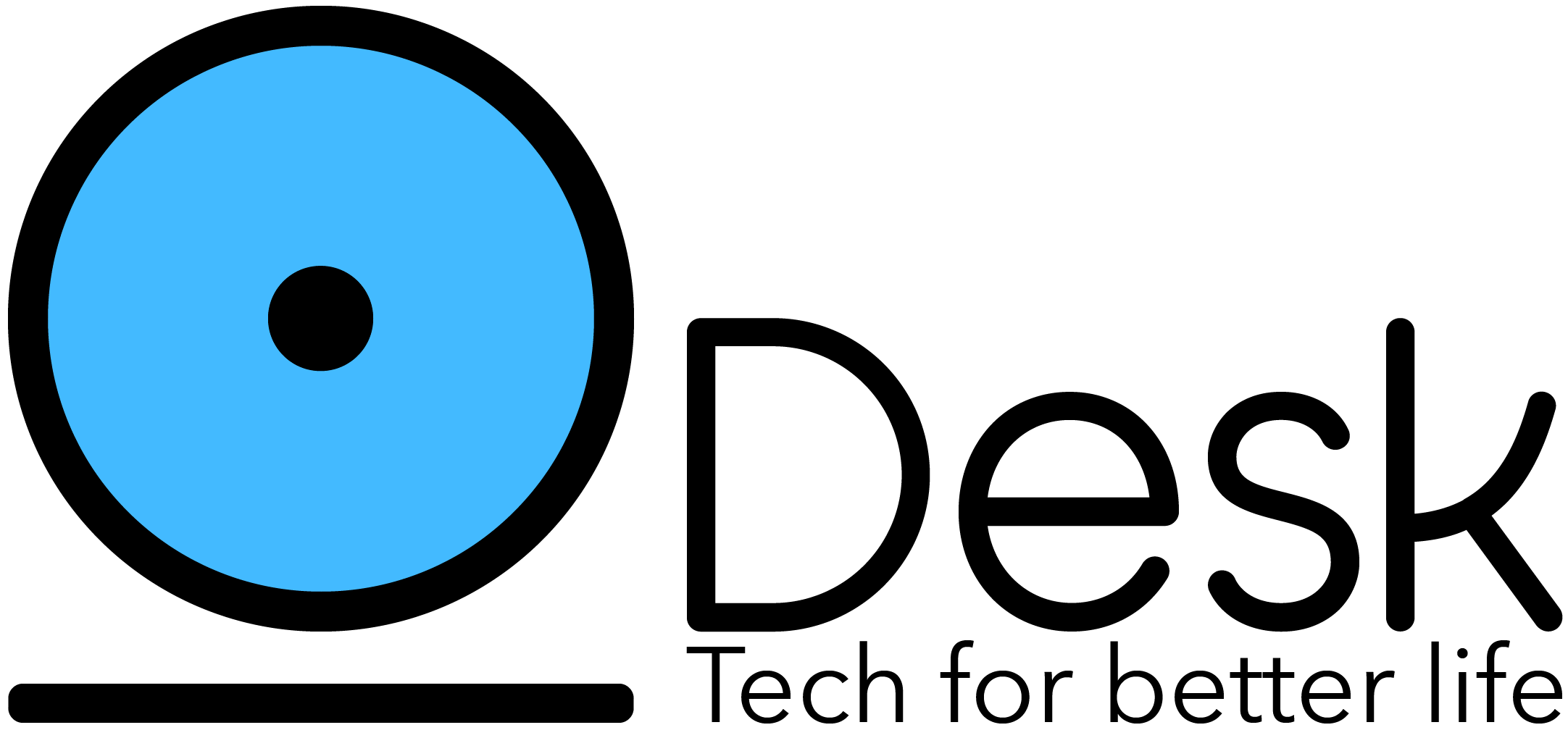Where to find your first customer
So, you read last week’s article and decided that you’d like to kick your programming career off by becoming a freelancer.
So, where do you find your first customer?
It’s a wide world out there, and finding your first customer is often very scary and overwhelming.
But, it doesn’t have to be overwhelming or complicated.
In fact, with a bit of creativity and hustle, it shouldn’t take long to get your first client and begin building your experience and references.
Where will you find them, and how can you connect with them?
In this article, I’d like to talk to you about the four main places where you can find your first client.
Small businesses
Small businesses are, in many ways, the perfect place to start as a freelancer.
One of the major issues that almost every small business faces is not having an up-to-date website. Out of date information, incorrect products, and links to pages that don’t work is a common issue.
Almost every business owner knows this, but they are too busy to do anything about it.
This is where YOU come in.
As a web developer, you can update and improve their website, making an immediate impact on their business.
But, it doesn’t stop there. Whether they are a small retail store, a bakery, a restaurant, or offer a service, they are increasingly reliant on web-connected applications to run their business.
Because their website increasingly needs to be integrated with other applications, You can use your programming skills (and leverage their trust in your work) to do other things to help their business.
- Do they need an API to connect their inventory system to an online order platform?
- Can you create a custom HTML plugin to display their inventory?
- Do they need someone to integrate different systems?
This is the perfect “win, win” situation. The small business owner gets access to a web developer, and YOU get real-world experience to improve your programming skills.
One note of caution when working with small business owners. Often, they understand the details of how you solve their problems, so make sure you use language they know and avoid the jargon that we use all the time in the programming world .
Non-profits
In the modern world, non-profit organizations have all the technical needs of a business, often with even LESS technical skills.
Non-profit organizations need to protect sensitive information about their donors, track and keep financial data, and grow their business.
These organizations are perfect first clients if you want to hone your cyber security and web development skills.
And, because they run on donations, a freelance relationship with someone like you is perfect for them to help them out with “gig” work. Whether it is a website redesign, improving their data security, or integrating donation management systems into their website, you have the tools to do it all.
Non-profit organizations often don’t have the budget for a cybersecurity “employee,” which makes a freelancer the ideal candidate to help them succeed.
Freelancing websites
Not all the freelancing opportunities are local.
In fact, the perfect customer might be waiting for you on the other side of the world.
And you can connect with them through freelancing websites like Upwork or Fiverr , and if you are a more experienced developer, why not joining Toptal .
But those aren’t all. You can even find an article that details the best freelancing websites here .
These websites are crowded with people all over the world trying to find work. But, if you build your profile right, you can stand out from the crowd.
Websites like Fiverr and Upwork give you the perfect opportunity to specialize in a specific programming language, a skill, or a particular type of website with specific functionality requirements (real estate websites),
And this specificity is the key to getting noticed among the sea of potential programmers on these sites.
There are a lot of people who try to do everything, but many clients don’t want a generalist. They want a “specialist” in a specific skill or language.
As websites become more interconnected and multi-functional, clients need MORE help to build and maintain a successful website. Many clients get started thinking they can do it on their own and then reach out to specialists (like you) who actually know what they are doing.
Business associations
Business associations like a Chamber of Commerce or IHK (if you are in Germany) offer you a network of active businesses that can learn to rely on your skills.
Joining a business association and becoming an active participant in meetings, events, and functions that involve the group helps you develop solid long-term relationships with business owners that can form the basis for freelance work.
These associations are filled with busy business owners who want to grow their business, are invested in the local business community, and need specialists who have skills they don’t.
Sometimes these relationships can develop quickly, and other times, they can take some time.
However, your local Chamber of Commerce or IHK will have a directory of businesses and a calendar of functions that you can join.
Potential Freelance Clients are everywhere.
You just have to know how to spot them.
The key is to be on the lookout.
Do you see a company that desperately needs a website update?
Have you joined a local business organization?
Are you friends with a business owner who may need some help?
Are you a member of a non-profit that needs an upgrade for its website?
There are potential clients who need help all around you. You just need to look for them.
Thanks for reading!
Source: livecodestream






